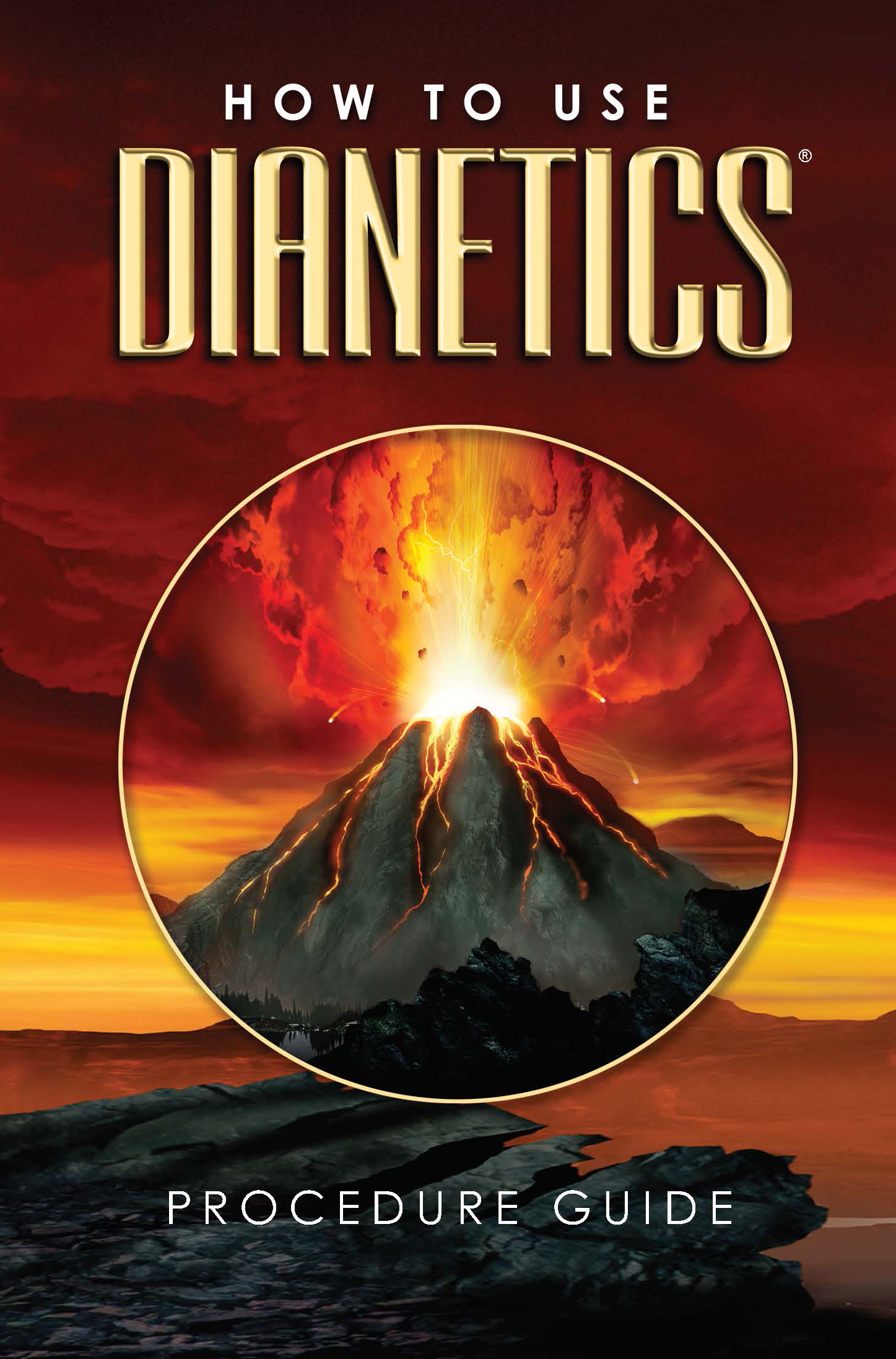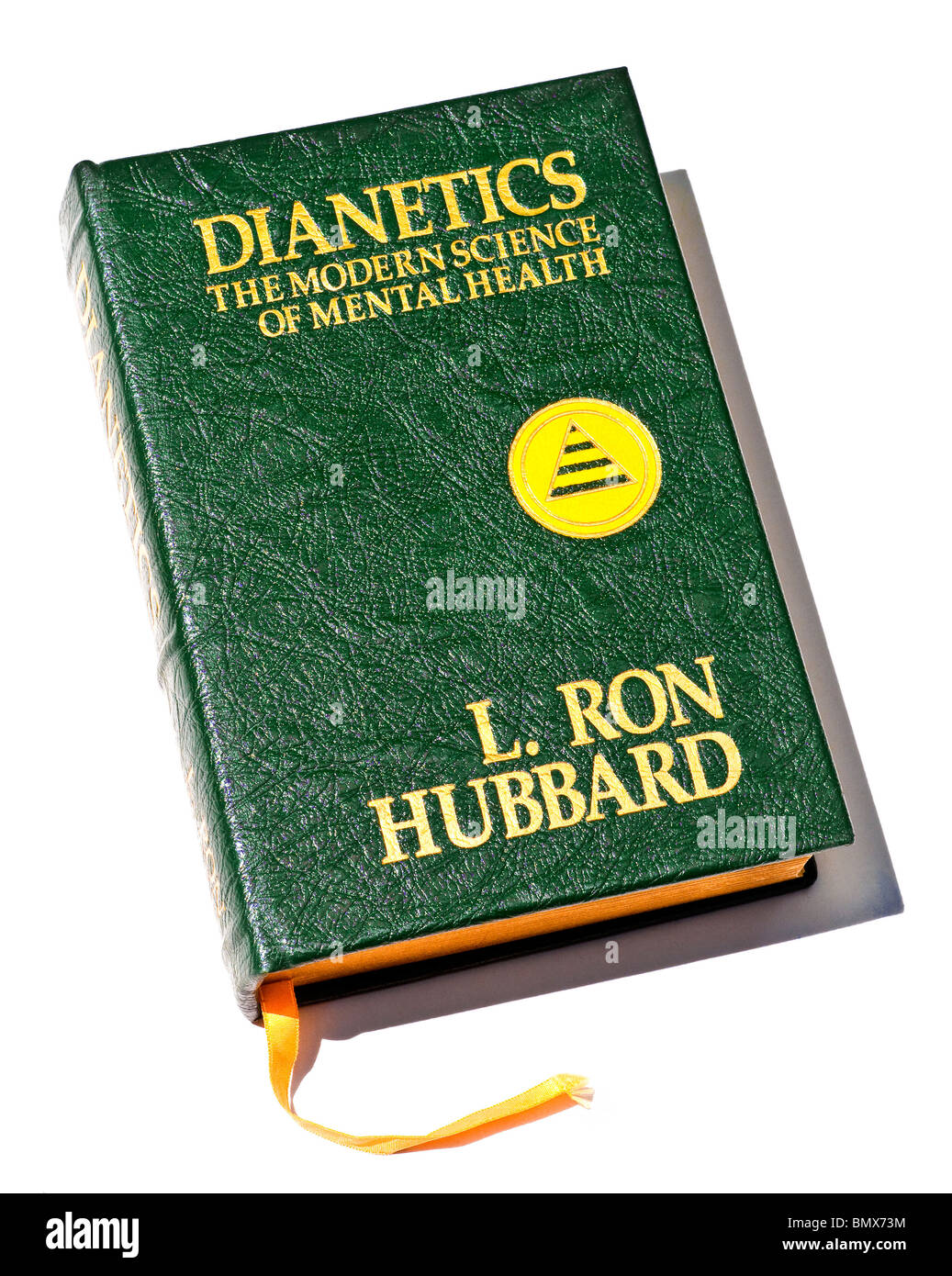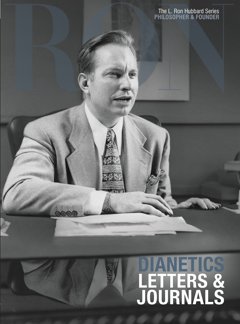Unknown Facts About Dianetics
Unknown Facts About Dianetics
Blog Article
Not known Incorrect Statements About Dianetics
Table of ContentsThe smart Trick of Dianetics That Nobody is Talking AboutThe Basic Principles Of Dianetics Not known Details About Dianetics What Does Dianetics Do?
I couldn't ever not intend to obtain anything that enters your mind for you- if it was or else, I would not be sitting below with you, doing this. I not just can never have an issue, or not want to listen to something that enters your mind for you, but I'm completely eager to recognize every concept, every idea, every photo or sensation that emerges or shows up for you- do not ever think or else, and if for one reason or another you do, please just let me recognize! Often, you may have a thought, and picture, idea or case pop up that does not seem to answer the inquiry, or connect to it, however nevertheless, constantly do inform me regarding it, and as we continue, the significance will certainly emerge for you.This is fundamental in the basis of handling, and the subject of this conversation: the basic duties of the therapist and the customer: The basic duty of the therapist is, in contrast to "conventional training", not to manage, which implies to implement and/or inhibit, however to rather work from the basis of EMPOWERING THE CUSTOMER.

The 4-Minute Rule for Dianetics
John Mcmasters shared this basic reality splendidly well in one of his lectures on Power handling, in which he describes exactly how he was asked what this "unique propensity" was that he had for giving such great sessions; he had to consider that for a minute, and found that it was what he wasn't doing, in addition to what he was doing: he had not been evaluating, judging, computer, or actually, creating any kind of ideas, not to mention spoken expressions, after providing the command and while waiting on the PC to finish their response to their complete satisfaction; he was, merely and just, being existing with the computer, and entirely interested.
The role of the therapist, demonstrated; that was his "unique propensity". I have actually had my very own experience which instructed me this well, really beforehand in the game. In 1982, having actually recently completed my training and teaching fellowship on New Age Dianetics, I was running this on a COMPUTER, and there was a factor in review the session where (being a little bit damp behind the ears not yet having many hours under my belt as a specialist auditor) the PC seemed to be "taking too long" to share anything vocally after I gave him a command.
This trick ended up being the most useful contribution that John ever made to the topic of treatment or auditing (Dianetics). In see here now my simple opinion, it is the best payment that anyone has ever made to these subjectsthe application is entirely non-judgemental, non-evaluative, and devoid of any kind of idea, guidance or opinion.no preconditioned schedule for individuals, or 'degrees' that they have to do
In Scientology we prided ourselves on not evaluating for people. All that truly implied was that the auditor did not VERBALLY assess for the PC in session.
Dianetics Fundamentals Explained

Any individual who had actually ever seen John audit might not help however see a distinct high quality in his auditing."The client's standard role is to be there with the function additional hints of relocating in the instructions of their spiritual goals, and to freely and completely share and experience whatever shows up for them in responding to the questions and executing the instructions in the handling.
This is something to procedure as needed. Likewise, people frequently have prior experience and/or indoctrination in auditing/processing which, in some means, and to some levels, in fact misinforms them right into attitudes, ideas and behavior patterns that protect against the full awareness of these functions, and so they will certainly have a tendency to inhibit the expressing of what comes to mind, as in the examples given above - Dianetics. * The first, and possibly foremost examples of mis-indoctrination resulting in less than entirely smooth and reliable sessions, can be located in particular facets of the training regimens, or "TR's":"TR's" are commonly an individual's very first, or at the very least early, experience in Scientology, and while I will certainly go on to discuss what I see as the defects in principle and method, nonetheless, tend to be substantially restorative, done as they are provided (Hubbard insists that "TR's are not processing, they are educating", yet factually, they are both processing AND training)
Alan Walter made similar monitorings, and improved these with his "Visibility Processes". There is no "failing", and no rejection of the reality of this being handling. The focus, as it should be, gets on experiencing the various other person's existence. All the manifestations which obtain a "flunk" in doing "TR-0" are merely the being's efforts to stand up to the other person's visibility, and instead than being pestered and badgered with "Flunk", which enforces "failure!" on the being, one merely requires to be motivated to "stick their feet in the water a little deeper", to increasingly refurbish their ability and determination to totally share and experience "being right here", or "presence", with others.
Some Known Questions About Dianetics.

Report this page